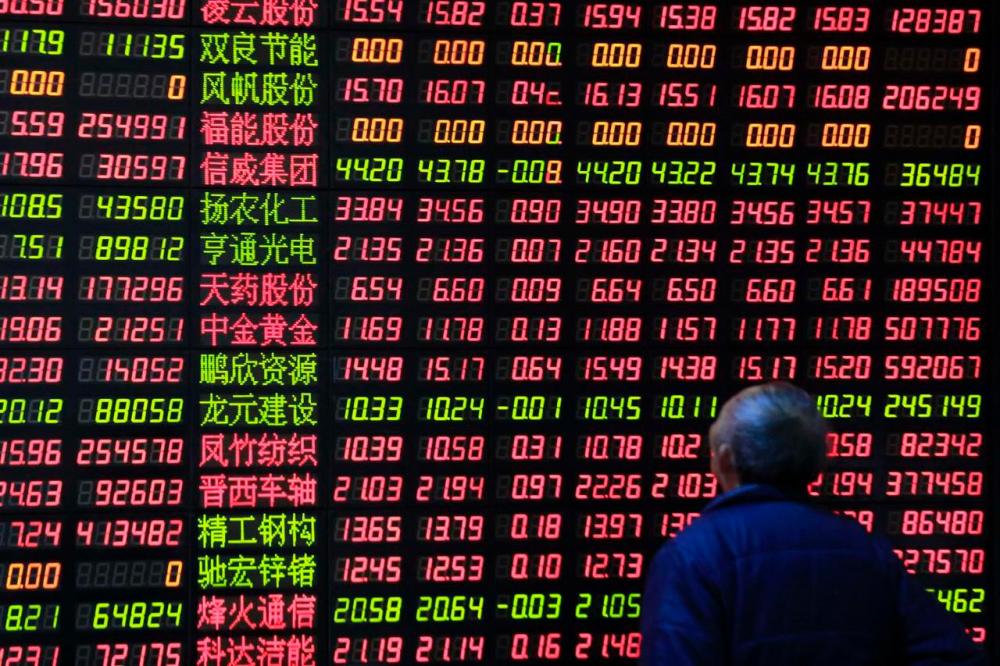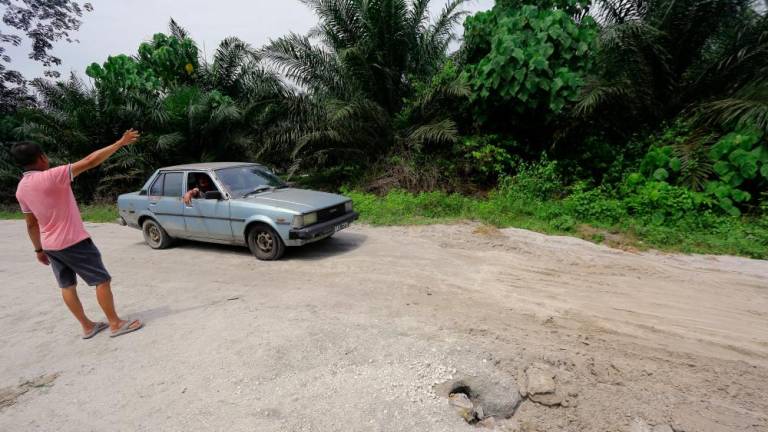SINGAPORE: Oil and Asian share markets slipped on Thursday, struggling to find a footing as the rapid global spread of the coronavirus left investors on edge and seeking safety in gold and bonds.
Most new virus cases are now being reported outside China - the origin of the outbreak - with South Korea, Italy and Iran emerging as new epicentres.
Brazil reported its first infection overnight and U.S. health authorities have said a global pandemic is likely.
President Donald Trump, who played down the risks - comparing the new virus to the flu - appeared to offer little support to markets focused on news of the pathogen’s spread.
U.S. stock futures fell as far as 1% as he spoke.
MSCI’s broadest index of Asia-Pacific shares outside Japan traded either side of flat. Australia’s S&P/ASX 200 was 0.5% lower, for a loss of more than 6% this week so far. Japan’s Nikkei fell 1.4%.
Fresh record-low yields on benchmark 10-year U.S. Treasuries overnight, though, and the morning’s firm gold price underscored the nervous mood.
“The market was complacent until last week as central banks and governments were at the rescue,“ said Desh Peramunetilleke, head of microstrategy at Jefferies in Hong Kong.
“The rising infection cases beyond Chinese shores has certainly raised the pandemic risk,“ he said. “The current earnings estimates do not yet factor in such risk and are therefore vulnerable to further downgrades.”
Overnight on Wall Street, the Dow Jones fell almost half a percent and the S&P 500 0.4% - a slowdown from consecutive days of 3% drops that have put the indexes underwater for the year so far.
Shrinking China
The virus has driven an enormous flight of assets out of Asia as investors try to isolate themselves from both the outbreak itself and the cost of what has now been more than a month of paralysis in the world’s second-biggest economy.
New Zealand’s finance minister said immediate fiscal stimulus may be needed to stem the damage in his country.
Capital Economics now expects Chinese growth to contract this year.
“The economic risks from extended disruption are non-linear,“ Capital’s chief Asia economist and its senior China economist, Mark Williams and Julian Evans-Pritchard, said in a note.
“The longer it continues, the more likely it is that some firms won’t be able to pay workers, and will have to either cut pay, lay people off or shut down altogether.”
The latest wave of selling has already driven the China-sensitive Australian dollar to a new 11-year low and pushed U.S. oil to a one-year trough, where they mostly sat on Thursday.
Last at 1.3271%, the yield on benchmark U.S. 10-year Treasuries is less than 3 basis points firmer than an all-time low hit overnight.
U.S. crude made a fresh one-year low of $48.17 per barrel in Asian trade, while gold rose 0.3% to $1,644.30 per ounce. -Reuters













